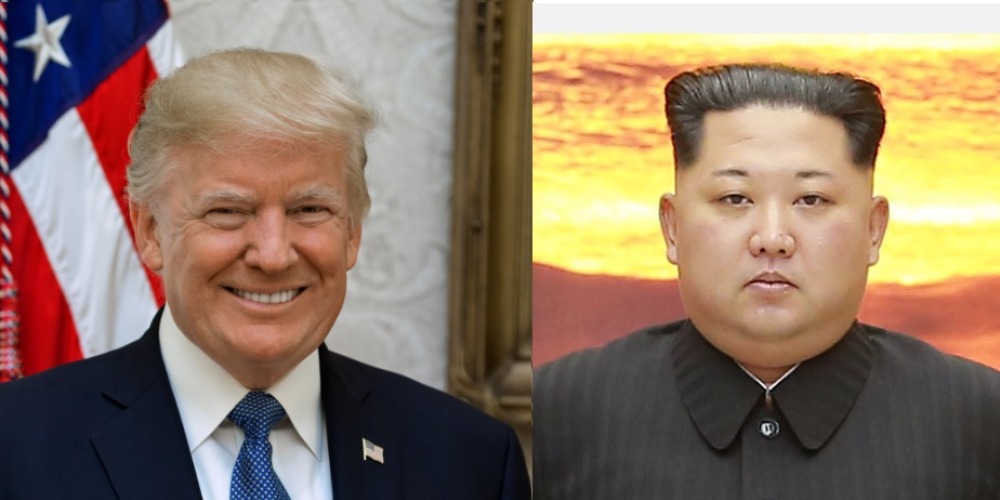Date first published: 07/06/2018
Key sectors: all
Key risks: sanctions; war; nuclear
On 12 June the on-again, off-again historic summit between US President Donald Trump and North Korean leader Kim Jong-un will take place in Singapore, on the island resort of Sentosa. Talks will focus on North Korea’s nuclear disarmament, but there are already disagreements on the method and pace of disarmament. Trump has threatened to walk away from the negotiating table should Kim refuse to commit to a six month to one-year timetable for disarmament. The summit could therefore prove disappointing. Nevertheless, 12 June 2018 will likely mark the beginning of a long diplomatic process aimed at a creating a peaceful Korean Peninsula.
While only the US and North Korea will be present at the negotiating table on 12 June – save a possible appearance from Kim Jong-un’s unlikely pal, former NBA player Dennis Rodman – the summit’s success over the long-term will largely depend on how much Beijing will be included in the process. China has a long history of involvement in Korea’s international relations that dates back to the Han Dynasty and spans hundreds of years, until it succumbed to Western pressure for influence over the Asia Pacific. Fast forward to the 19th Party Congress of the Chinese Communist Party (CCP) in October 2017 and Chinese President Xi Jinping has called for the ‘great rejuvenation of the Chinese nation’, a vision which involves the return of China’s old-time standing in the region.
Aside from going against its push for regional influence, excluding China from the US-North Korea talks would disregard its role in the Korean Peninsula debacle. China intervened in the Korean War in October 1950 to fight on Kim Il-sung’s side, resulting in the deaths of between 149,000 and 400,000 Chinese soldiers. In 1953, China was signatory to the Armistice Agreement to end fighting on the Korean Peninsula, along with North Korea, South Korea and the US. China played an active role in mediating the 2003-2009 Six Party Talks on North Korean denuclearisation. As Pyongyang began ramping up its nuclear provocations in 2016, China became a consistent supporter of sanctions. This struck a severe blow on what remained of North Korea’s revenue sources and the loss of Pyongyang’s only ally in the region is thought to be a major factor in bringing Kim to the negotiating table.
At the very least, China’s leverage over the effect of sanctions means that its view on how North Korea’s denuclearisation should progress will hold a certain level of significance in the 12 June negotiations. Kim has shown he is aware of this by travelling twice to China in April and May to consult with Xi and gather Chinese support for a gradual denuclearisation process, which would mean each step is rewarded with economic concessions. However, Xi has his eyes set on a much grander goal: the withdrawal of American troops and military assets from South Korea. Should Trump and Kim succeed in securing an agreement on denuclearisation, talks on a new peace treaty to replace the 1953 Armistice Agreement may follow, and China wants to be part of it.
Side-lining China on any discussion involving the Korean peace process and the future of US troops and assets from the region could be fatal for negotiations towards a peaceful Korean Peninsula. China already has enough leverage to either facilitate or ruin the upcoming US-North Korea talks and Trump needs to realise it.



